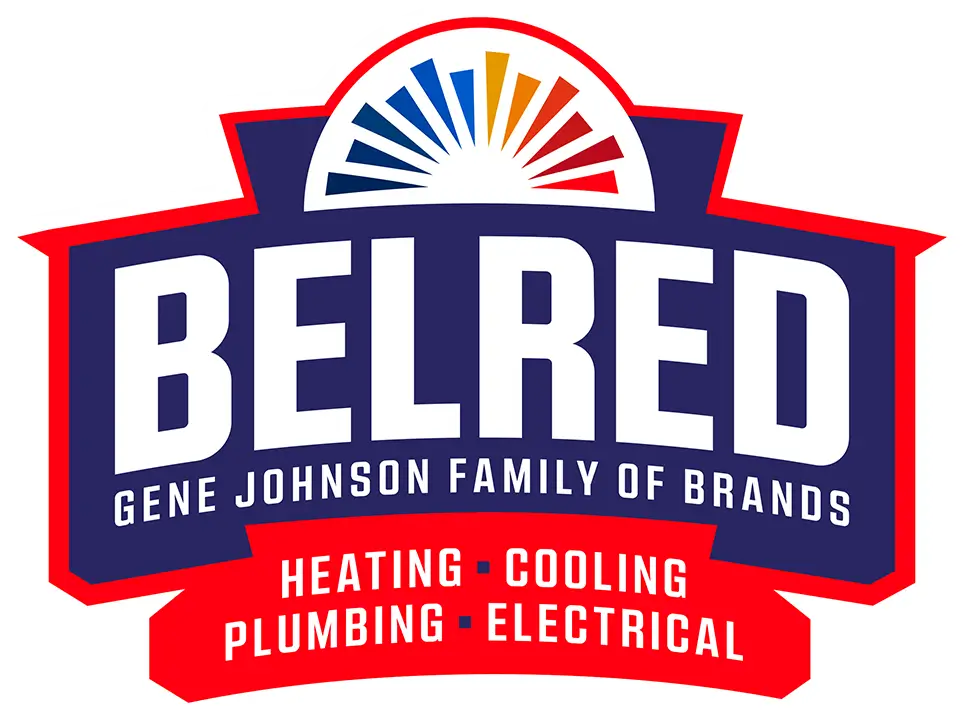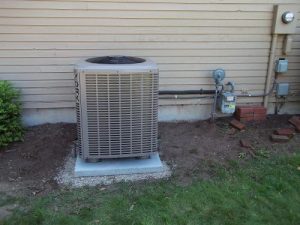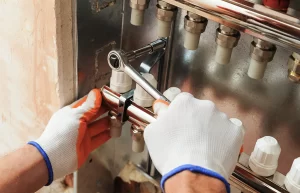The Department of Energy (DOE) released final Energy Conservation Standards for Residential Furnaces and Residential Central Air Conditioners and Heat Pumps this week, which go into effect in May, 2013. As a result of this rule, homeowners in Northern states, including Washington, will no longer have access to standard efficiency 80% AFUE furnaces after May, 2013, and will be forced to install high-efficiency furnaces when replacing their old systems. While it may seem like a good idea to increase energy efficiency, and BelRed supports installing high-efficiency systems whenever possible, this increased efficiency comes at a high price.
High efficiency furnaces (90%+ AFUE) can not use traditional metal venting to remove exhaust and condensation from the home. As a result of their lower exhaust temperatures, they require the use of PVC venting and seperate drains to avoid rust, corrosion, and dangerous exhaust leaks. While this is relatively easy to install while the home is being built, it can be very difficult once the home is finished. In fact, in many homes, it simply isn’t possible to install a new vent without major remodeling, especially in homes where the furnace is located inside the home, or in a basement.
Homeowners in these situations will be faced with having to repair their old, inefficient furnace, or pay to have their home modified for the new venting. Or else, they can choose to move to an electric heating system. Unfortunately, while there are many high efficiency options for electric heat pump systems, they have a much higher up-front cost than gas furnaces as well.
This rule was made without any input from contractors who install these systems and many other interested parties. BelRed supports the installation of high efficiency systems whenever possible, but we believe there need to be exceptions to the rule where existing applications will not allow us to meet the new standard. In fact, major industry groups including the Air Conditioning Contractors of America (ACCA), the American Public Gas Association (APGA), Heating, Air-Conditioning and Refrigeration Distributors International (HARDI) , the American Gas Association (AGA), and others raised many similar common-sense objections to these standards, but were rebuffed by the DOE.
Now heating and cooling contractors, and the customers they serve, will have no choice but to follow these rules. In the end, it is consumers who will suffer. For detailed information on this rule, visit . Stay tuned, and we’ll keep you informed of any developments that may arise.







